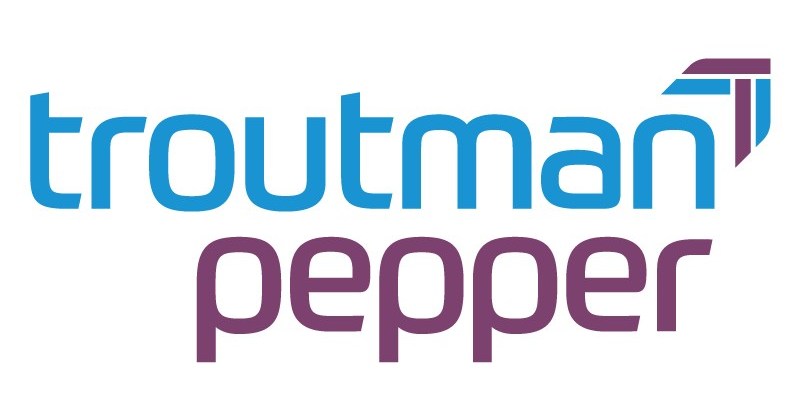Unlocking Clean Hydrogen's Potential: Recommendations for U.S. Energy Transformation
Key Ideas
- Transparency on tax credits and strict certification rules are vital to harness clean hydrogen's potential in the U.S. energy sector.
- Boosting exports, enhancing domestic manufacturing, and prioritizing infrastructure development are key accelerators for the success of clean hydrogen projects.
- Concerns arise over the perceived stringency of IRS regulations on tax credits, halting progress and urging the need for clarity to reduce costs and attract funding.
- Businesses seek clear hydrogen certification standards to enhance transparency and confidence, while states' commitments could foster a robust domestic market and drive clean hydrogen uptake.
A recent report from Troutman Pepper law firm emphasizes the crucial role of transparency on tax credits and the implementation of rigorous certification standards in advancing the use of clean hydrogen in the United States. The report highlights the necessity to clarify regulations to make clean hydrogen projects feasible and productive. In addition to tax credits and certification, the report advocates for boosting exports, investing in domestic manufacturing, and developing essential infrastructure to mitigate project risk. The Inflation Reduction Act and Bipartisan Infrastructure Law have generated significant interest in American clean hydrogen projects, but complexities and uncertainties remain. Developers and utilities are concerned about the strictness of proposed IRS regulations, emphasizing the need for clarity to facilitate project funding and construction. Furthermore, businesses are calling for improved clean hydrogen certification standards to ensure transparency and reliability. Encouragingly, the Biden Administration has allocated $7 billion to support regional clean hydrogen hubs, incentivizing the transition to clean energy sources. State-led commitments and potential export markets like Europe and Asia offer additional opportunities for clean hydrogen growth. As the U.S. aims to establish itself as a clean hydrogen exporter, investments in manufacturing facilities and infrastructure are crucial. The government's support is essential to enhance storage and transportation efficiency. The report underscores the significance of investments in hydrogen infrastructure projects to achieve the goal of producing 10 million metric tonnes annually by 2030. Overall, stakeholders acknowledge clean hydrogen's potential and the supportive regulatory environment, while also highlighting the need for clarity, transparency, and unified certification standards to drive the sector's growth.
Topics
Utilities
Manufacturing Facilities
Infrastructure Investment
Tax Credits
Regulatory Challenges
Export Markets
Certification Standards
Latest News
